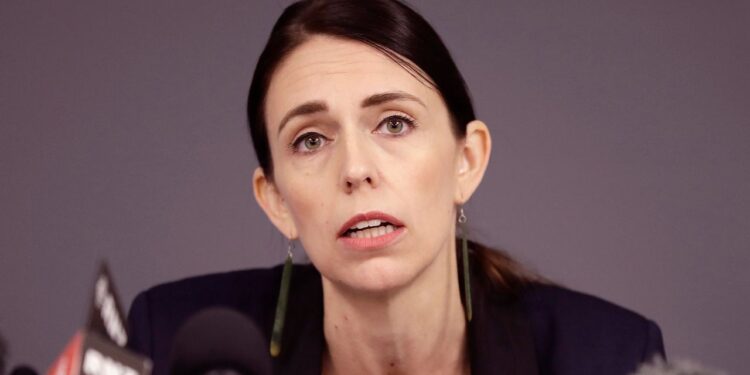When New Zealand Prime Minister Jacinda Ardern revealed she would step down from her role, initial reactions were shock. However, when considering the tragedy the country faced during her five years as leader, it’s understandable how even the world’s most prominent leaders need to take a step back.
In 2019, the country experienced one of the worst mass shootings in world history in which over 50 people were killed. Soon after, the pandemic led New Zealand to shut down its borders in an attempt to limit exposure.
Arden’s very human decision puts into focus just how detrimental burnout can be to the wellbeing of workers, no matter their position.
“I know there will be much discussion in the aftermath of this decision as to what the so-called ‘real’ reason was,” Arden said in her initial announcement earlier this month. “The only interesting angle you will find is that after going on six years of some big challenges, that I am human.”
“Politicians are human. We give all that we can, for as long as we can, and then it’s time. And for me, it’s time.”
The phenomenon is often conflated with the blues, but its impact can cause occupational hazards that can eventually lead to physical harm for a worker.
Although unintentional, Arden’s decision has helped validate the severity of burnout, which is still often met with skepticism.
Burnout became a central figure during the early days of the pandemic, but having a high-profile leader admit to experiencing job exhaustion and prioritizing their wellbeing could help open the door to more serious conversations about how to tackle burnout.
While some organizations have made strides in being more transparent about mental health in the workplace, without concrete policies and support, burnout could permanently alter the future of the global workforce.



 Dr. Gleb Tsipursky – The Office Whisperer
Dr. Gleb Tsipursky – The Office Whisperer Nirit Cohen – WorkFutures
Nirit Cohen – WorkFutures Angela Howard – Culture Expert
Angela Howard – Culture Expert Drew Jones – Design & Innovation
Drew Jones – Design & Innovation Jonathan Price – CRE & Flex Expert
Jonathan Price – CRE & Flex Expert












